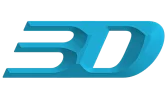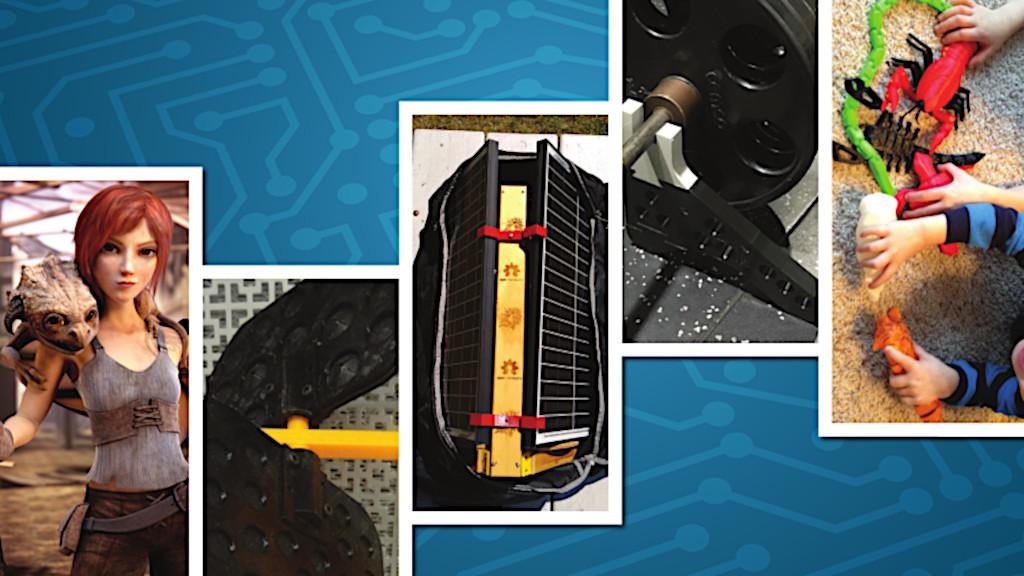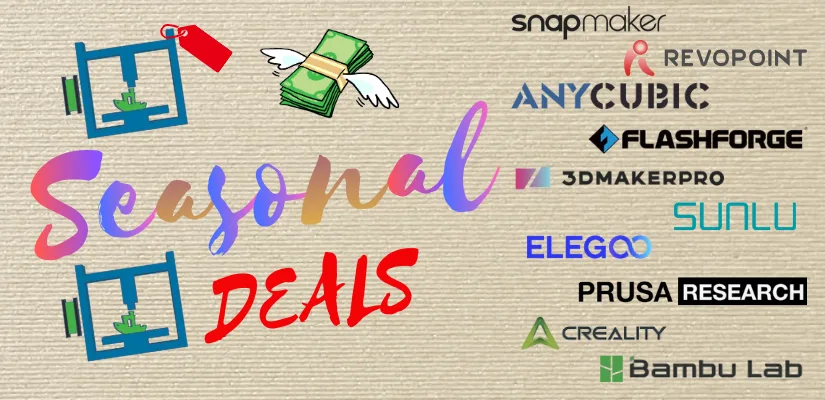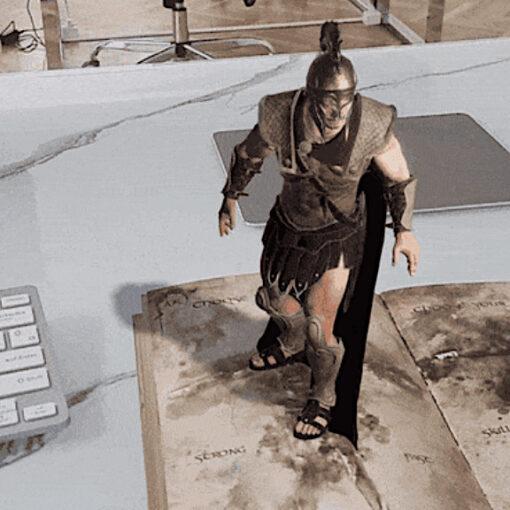Puzzled about what exactly open-source is and how it could benefit you? If you are in any creators’ community, be it 3D printing or any other, and have access to millions of designs and decent software for free, you already feel the positive impact of open source. In his book, Joshua M. Pearce, an academic engineer at MTU, explains how the open source movement advances in every sphere of activities, encourages to participate and share in order to save money and gain more in return.
Create, Share, and Save Money Using Open-Source Projects by Joshua M. Pearce
Joshua M. Pearce starts his book by bringing forward the open source philosophy and tries to convince readers about the sharing model. As an example, he brings to the spotlight a design of a basic practical thing that can be created and modified at home using any 3D printer, and then he scales the open-source idea resulting in a fully autonomous water habitat of the future.
In another case, he explains how, by simply taking multiple pictures of a flower and sharing them in a file repository with a Creative Commons license, these images can be involved in a lot of various activities around the flower, with a lot of participants in different unrelated spheres. To think about it, there is something in common between coding and cooking, for example, because both have thriving communities that share open-source products and ideas. In the rest of the chapters Joshua M. Pearce lists such activities, providing references and links to social communities, file repositories, software, in an easy-to-read way.
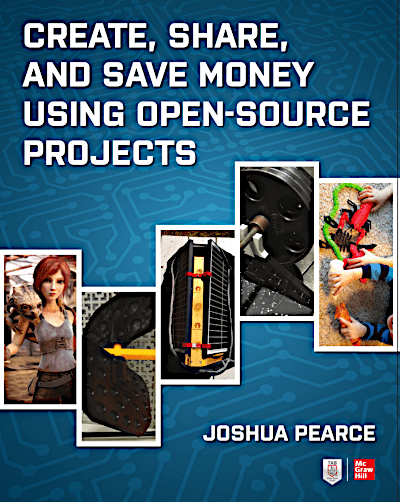
(Source: Joshua M. Pearce)
Open Source Resource Link Collection
All links are accurately listed under designated chapters on a special page on appropedia.org. And this collection works as a helping tool for bloggers, teachers and even scientists.
This Book is For:
– Makers. This book is useful for makers that have not decided what their field will be, yet, or for those who want to try something new, or to get involved in several activities. Think about cosplay, when sewing, crafting, 3D printing and a lot more is involved.
– Teachers. I would recommend this book to teachers. Check the collection of the links on appropedia.org, and if your subject is listed there, then this book may be helpful for you as guidance and possible exposure to other subjects.
– Bloggers/Vloggers. I wish I read this book in the beginning of my 3D printing and blogging journey, because a lot of the open source software listed and described was tried by me in one or the other way. As my budget didn’t allow me to use paid versions of software, I spent a lot of time searching for appropriate solutions. That’s how I found OBS, GIMP, Inkscape, not to mention all 3D design and 3D printing-related software and communities.
– Scientists. To find open source equipment and save money. In the dedicated chapter Joshua explains not only how scientists benefit from using open source laboratory equipment, but also explains how this accelerates science as a result.
Making and Sharing Digital At-Home Manufacturing – 3D Printing Chapter
This chapter was especially interesting to read for me as it is all about 3D printers, laser cutters and engravers, and CNC tools. However, there are mentions of 3D printing nearly in every chapter of this book. 3D printing truly enables a lot of areas nowadays. Think about it: Music – 3D printed instruments, Electronics – CNC-ed PCB boards, Woodworking – Laser-cut products, etc.
Recycling
Updates on undying hope that every household or at least local communities will have affordable and practical tools/solutions not only for managing plastic waste but for turning it into a ready-to-use resource.
Conclusion
This is my first book review. Honestly speaking, before reading this book I was only partly convinced about the open-source “religion”. Now I am 75% converted. I truly hope I can keep the open source mindset for as long as possible unless life fills up with cruel bills and expenses, which may drag me back into the unsharing “world of the Apes”.
Available in Paperback and Digital Versions
Disclaimer: I have read the book in its pre-publishing state in the “Box” application and therefore I cannot comment about the final published content of a paperback or a digital version of the book. Available on Amazon. (affiliate link)
About Joshua M. Pearce
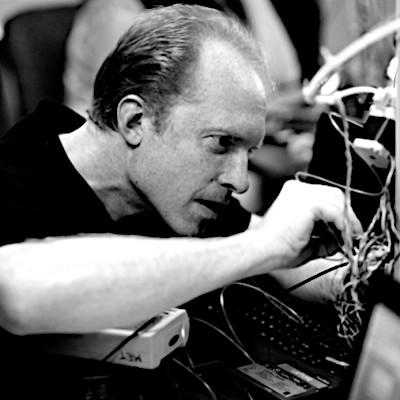
(Source: Wikipedia)
Joshua M. Pearce is an academic engineer at Michigan Tech known for his work on protocrystallinity, photovoltaic technology, open-source-appropriate technology, and open-source hardware including RepRap 3D printers.
